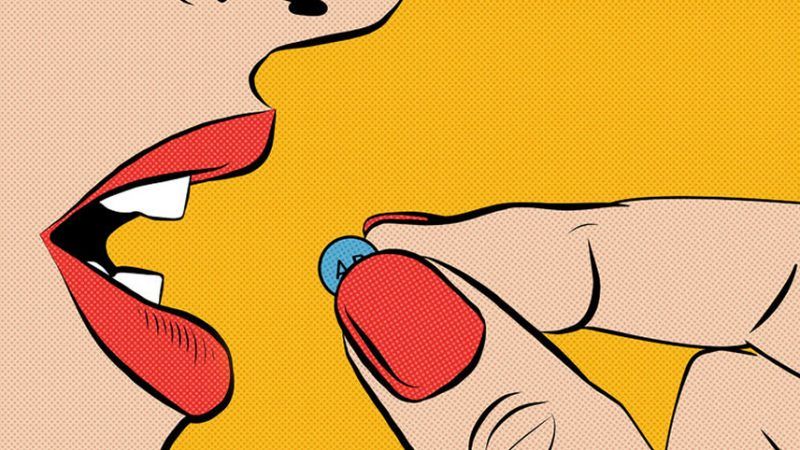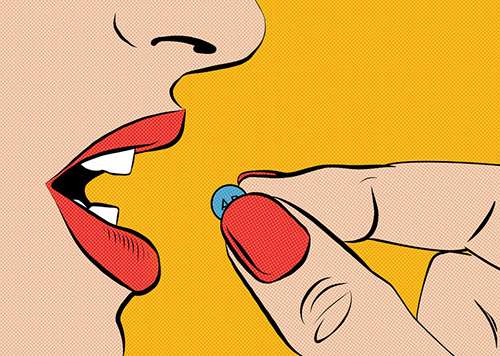Take Your Pills


When Eben Britton received a prescription for Adderall along with a diagnosis of attention deficit hyperactivity disorder (ADHD), the former NFL player's wife says in the Netflix documentary Take Your Pills, she believed he had "a medical issue that was being treated." But when she and her friends used Adderall as a study aid in college, "I looked at it basically as abuse."
Those clashing views reflect our culture's confusion about psychoactive substances. Director Alison Klayman explores this ambivalence in Take Your Pills, which suggests that too many kids are being given pharmaceutical speed and that adults often pretend to have ADHD, a fuzzily defined "mental disorder," to get performance-enhancing drugs.
She is probably right on both counts. But at least when it comes to adults, the consequences are not as dire as the film implies. If a drug improves someone's life, whether by helping him produce or by helping him unwind, it should not matter whether he has a doctor's permission to use it.
This article originally appeared in print under the headline "Take Your Pills."
Editor's Note: As of February 29, 2024, commenting privileges on reason.com posts are limited to Reason Plus subscribers. Past commenters are grandfathered in for a temporary period. Subscribe here to preserve your ability to comment. Your Reason Plus subscription also gives you an ad-free version of reason.com, along with full access to the digital edition and archives of Reason magazine. We request that comments be civil and on-topic. We do not moderate or assume any responsibility for comments, which are owned by the readers who post them. Comments do not represent the views of reason.com or Reason Foundation. We reserve the right to delete any comment and ban commenters for any reason at any time. Comments may only be edited within 5 minutes of posting. Report abuses.
Please to post comments


The pills are fun, but otherwise have little long term effect on productivity. As for ADHD, no child should be given this drug. Because hyperactivity means they are not being properly educated and disciplined, and so the drug only masks the problem. It's a good documentary and my favorite part about it was that they didn't constantly bloviate about 'addiction', nor were any typically addictive behaviors mentioned (such as criminality or compulsion or near death experience or recovery or peer support).
I doubt how "psychoactive" those pills can be when I feel absolutely nothing after taking them, but I manage to get a project or two done instead of just started. For me, I know that weed or alcohol produces a buzz or high or whatever you want to call it. I don't doubt they are psychoactive. At least for me, ADD pills do not, but they can for others ? maybe that is proof of the existence of a neurological condition in some people.